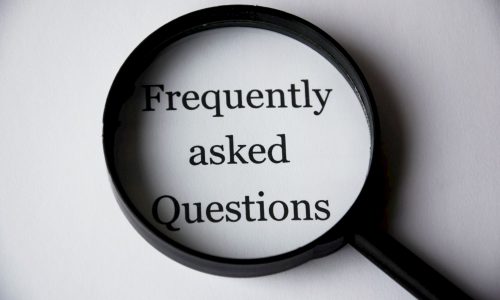FAQs - JC Economics

1. Is Economics tuition a necessity?
Singapore has been dubbed the “Tuition Nation”. Even Prime Minister Lee Hsien Loong recently commented that tuition has become a “minor national obsession”. Singaporean parents are certainly willing to splurge on tuition services for their children as they perceive tuition to be the key to academic success. In the last report on Singapore household expenditures in 2008 by the Department of Statistics, figures showed that Singapore households spent around $820 million on centre- and home-based private tuition, up from $470 million a decade earlier.
In today’s competitive society, many parents view tuition as a necessary means to scoring distinctions in examinations and getting ahead of the academic race. However, Mr Anthony Fok believes that tuition should be viewed as a supplement to a child’s education, and not an integral part of our education system or an obligatory pathway to success. The role of tuition should be to fill in the gaps of knowledge.
2. What is the difference between H1 Economics and H2 Economics?
All H1 and H2 students will be placed in the same class. This is because the topics are largely similar for both H1 and H2. The slight difference between H1 and H2 are topics such as Market Structure, Cross Elasticity of Demand, Income Elasticity of Demand, which are covered in JC 1 for most colleges.
The difference between H1 and H2 is largely the examination format. For H1, students need to do 2 case studies questions. For H2, students need to do 2 case studies and 3 out of 6 essay questions.
H2 students will need to attend additional payable classes in June holidays, August and September to cover the extra topics for the H2 syllabus. H1 students do not need to pay nor attend the additional classes.
3. Are ten-year-series guides still relevant or helpful for students?
The ten-year-series (TYS) is an annual publication, which compiles all of the past 10 years’ GCE ‘O’ and ‘A’ level examination questions. The TYS has been used in schools for more than four decades. Students claim that the TYS shows a pattern in the types of questions asked over the years. Nonetheless, the questions now tend not to repeat in the future examinations, unlike in the past. Although the TYS is still relevant since knowing how well you do in an actual past-year paper gives you an indication of how prepared you are, students should also equip themselves with more than the TYS such as other guide books which covers the syllabus adequately as well.
Following from this, Mr Anthony Fok has written a series of Economics guide books which covers areas such as evaluation points, diagrams, summary notes book and model essays which will facilitate the students in their revision.

